A key aspect to vocal recovery is establishing a safe, secure place from which to express oneself. The second ‘note’ of 7 Notes to Freedom – a step by step path to vocal reclamation – is called Boundary Calls.
Many among us have experienced the trauma or hurt of having our unique voices (core expressions of self in the world) marginalized, stifled, or cursed. Effective boundaries are an essential part of healing from this disavowal of the essential self. Reinforcing ones own physical integrity and space, is critical for deepening a sense trust in the self, and safety in relationship and the world.
In studies on trauma and its effects on the nervous system*, it has been shown that parts of the inner ear that “listen” and engage in more subtle sound awareness occurring in social vocalization are shut down in moments of perceived threat. These listening parts require a safe, protected environment, especially in trauma survivors, to “open up”. So we literally need a safe place, with good boundaries to hear both ourselves and others in an engaged way.
In ancient practices people would “call” to the four directions to create a sacred, or protective, space around them. This conscientious effort to establish protection was necessary for activities such as chanting or prayer. They knew that boundaries were critical to establish an open connection with self and others.
In Seven Notes to Freedom, we create protective space in many ways. I like the ancient idea of “calling” the boundaries, or “corners” to mark the ‘safety zone”. I also sometimes work with clients to create a “tone bubble” by using voice, hands, and movement to create a protective space of sound: a vocal sanctuary that is free from harm.
When you sing or call into the space around you, you are viscerally building an energetic field that literally protects you. This is the beginning of bringing the voice into the world, and overcoming immobilization, self-doubt, or silencing.
Secure and safe boundaries are at the core of vocal reclamation. With or without words, a protective haven, created with space, intention and voice, is a powerful container, engendering deep and lasting transformations.
*Porges, Stephen. The Polyvagal Theory: Neurophysiological Foundations of Emotions, Attachment, Communication, and Self-regulation. New York: Norton, 2011.







